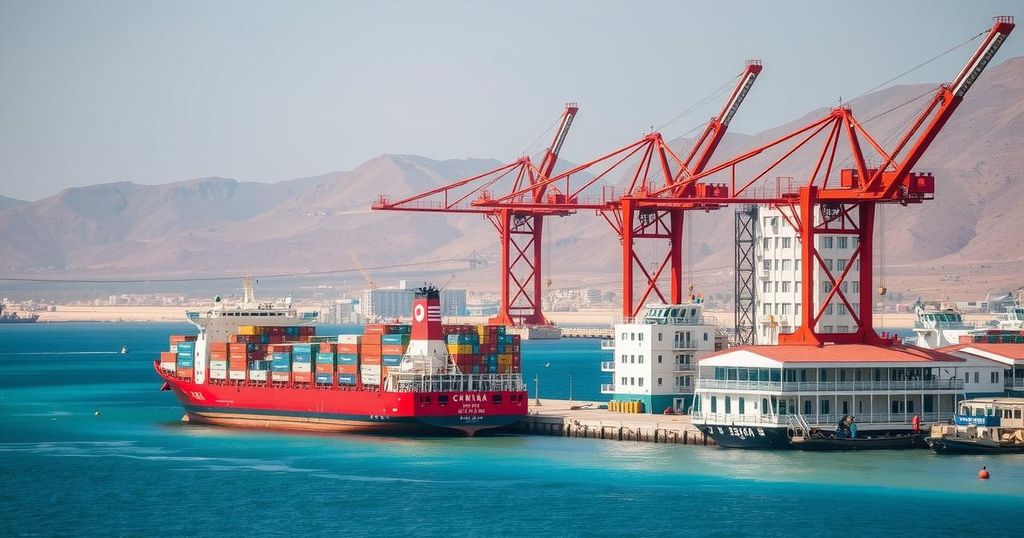Chinese investments in Djibouti have thrived due to its strategic location and potential for development under the Belt and Road Initiative. However, the nation faces challenges such as limited manufacturing capacity and heavy reliance on imports. Lake Assal, known for its vast salt reserves, remains underutilized despite the establishment of the Djibouti Salt Investment Company by China Communications Construction Company.
China’s investment in Djibouti has flourished under the Belt and Road Initiative, making the nation a pivotal hub for numerous Chinese enterprises engaged in diverse sectors, including transportation, mining, and infrastructure development. Djibouti’s strategic geographical position enhances its attractiveness to these companies, particularly as it houses China’s sole military base overseas. However, challenges remain due to Djibouti’s limited manufacturing capabilities and harsh environmental conditions, which significantly constrain agricultural productivity. With only one percent of the country’s GDP derived from agriculture, the nation remains heavily dependent on imports to meet its needs.
Lake Assal, situated in Djibouti, is notable for possessing the world’s largest salt reserve, yet this resource has languished in underutilization for years, preventing significant economic growth for both local communities and investors. In a decisive move to capitalize on this underexploited asset, the China Communications Construction Company, a state-owned enterprise, procured a controlling interest in a previously American-operated salt company in 2015. This acquisition led to the establishment of the Djibouti Salt Investment Company, marking a pivotal development in leveraging the nation’s natural resources.
Djibouti serves as a critical junction for international trade routes due to its strategic location near vital shipping lanes in the Red Sea and Gulf of Aden. The country has gained prominence as a focal point for Chinese investment, particularly in infrastructural projects that align with the Belt and Road Initiative, which aims to enhance connectivity across Asia and Africa. However, Djibouti’s environmental and economic constraints present significant obstacles to sustainable development, necessitating a reliance on external investment and support.
China’s endeavors in Djibouti highlight the dual nature of international investment—while presenting significant opportunities for economic growth, they also face risks tied to regional instability, exacerbated by crises in the Red Sea. The interplay between strategic investments in Djibouti and potential geopolitical tensions illustrates the complexities facing Chinese businesses operating in this region. Moving forward, maintaining stability and fostering local resource utilization will be critical for maximizing investment benefits.
Original Source: www.scmp.com






